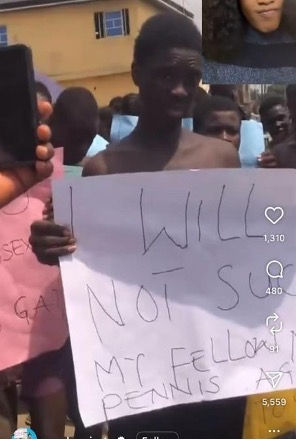Para legals and the Nigeria Justice system
- May 22, 2013
- 3 min read
Paralegal services are legal services offered by non lawyers in situations where lawyers are not readily available or pending the availability of trained lawyers. Sometimes and in some jurisdictions, paralegal services are actually offered by staff of law firms who work in partnership with lawyers.
Their services in all cases range from legal advice, drafting of rudimentary legal documents, reporting of human rights abuses to constituted authorities etc. In all cases however, this is a legal field handled by non lawyers and is increasingly gaining popularity across the world.
A lot of Non Governmental Organizations, NGOs, are currently training and providing paralegal services in Nigeria notably WARDC, CIRDDOC, Global Rights and Lawyers Alert. In Nigeria Paralegal services are principally community based, i.e. where residents offer first aid legal services to persons who cannot afford lawyers in rural areas or where lawyers are hard to come by. Beneficiaries of paralegal services, account for about 70% of people that interface with the justice sector in Nigeria in rural areas.
While paralegal work in Nigeria is especially important and necessary given the challenges in the rural areas occasioned by lack of knowledge of basic rights, to meet its objectives, there exists a need to examine how it’s carried out.
Training of Paralegals in Nigeria usually lasts 2-5 days and they are thereafter presumed to be equipped or “Expert” enough to advise on legal matters. Needless to say, this sometimes results in more injustice than justice.
The situation is exacerbated by the fact that the Government of Nigeria is completely oblivious of the situation and there exists no official framework on the work or existence of paralegals.
Paralegal work however, is gaining a lot of ground in Nigeria and currently there are about 10,000 paralegals, presumably trained by both local and international NGOs, using their own syllabus.
These over 10,000 “trained” paralegals in Nigeria are out there delivering services to needy citizens. In practice however, while the intention might be noble, in most cases, citizens are ill- advised, thereby further complicating issues and denying justice. These needy citizens are mostly women, the poor and disadvantaged, persons living with HIV and AIDS, and other vulnerable groups.
This has led to a loss of confidence in the justice system in the country, poverty, and in some instances violence, as citizens’ resort to extra- judicial measures when they get frustrated by the system even where “experts” are involved.
Stakeholders in the Nigeria Justice System, Government inclusive, have the responsibility, not only to protect and promote human rights but to provide and enhance access to justice thereby ensuring the provision of an enabling environment for citizens in the pursuit of it.
Grassroots and community-based paralegal services are critical to widening access to justice, given this is where most Nigerians live, yet this ought to be provided in a manner where citizens rights to justice is protected.
Stakeholders in this sector should facilitate the creation of framework, standardization, regulation and coordination for paralegal services in Nigeria. Current service providers including the Nigerian Bar Association, the Council of Legal Education, National Human Rights Commission, amongst other stakeholders must be involved in meeting the desired objectives.
Stakeholders will need to carry out preliminary studies (Assessment) of the extent of paralegal work in Nigeria, the organizations involved, types of services offered, syllabus and course contents, the beneficiaries of these services, challenges, etc. This will bring about an informed position to effectively, and in an informed manner, address the issues raised.
The Assessments should involve the representatives of all interest groups in the sector, based on specific terms of reference, must be country wide towards extensive and intensive engagement and consultations
The ensuing report should exhibit in detail, all the issues, concerns, and parties involved in paralegal work in Nigeria and the institutional and practical challenges involved.
Thereafter a National Consultative Forum should be held to discuss and consider the committee’s report. This forum will intensively discuss the report and collectively fashion a way to enhance paralegal work in Nigeria towards qualitative service delivery.
At the end it is expected that Nigeria would have joined the League of Nations where paralegal services enhance, deepen, and expand access to justice and respect for Human Rights.








Comments